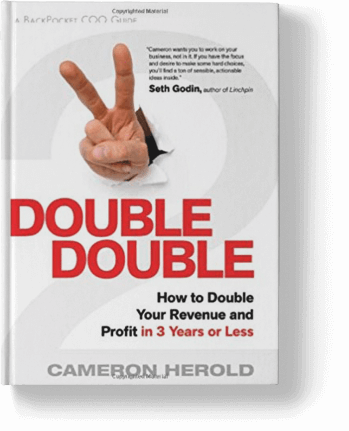Before you blame someone else. Before you blame the market. Before you blame the economy. Before you give all the reasons why someone or something else was at fault, blame yourself first. One of the best traits of top leaders is their ability and willingness to blame themselves first before anything else.
The question is, why?
The Value of Introspection
Introspection is the examination of your own contribution to the problem. It’s one of the most valuable skills anyone, but especially leaders, can have. Through introspection, you can begin to learn from yourself and learn how to improve and fix things.
Introspection can be difficult. You need to be willing to see and accept your flaws and be strategic about them. You have to be willing to learn from them and fix them. Only then, can you be the greatest leader you can be for your company.
“When leaders lead by crisis management, often a root cause is a lack of introspection–an absence of personal and strategic think time. […] One way executives can explore this phenomenon is by reviewing their calendar. When do they think? Do they have time, their most precious commodity, blocked on their calendar for introspection?” – Key Step Media
The Problem With Passing Blame First
It can seem instinctual to blame others for a problem. It’s certainly far easier, but a good leader knows that they’re not always blameless. Passing blame prematurely will just harm your relationship with your employees and waste your chance to learn from yourself.
The next time you lose a customer, or a project doesn’t get done on time, or you’ve frustrated a team member, or you’ve missed a goal, before you blame anyone else or something else, see how you could have done better yourself. Dig in. What could you have done differently?
It’s not always going to be your fault. Often it isn’t, but it doesn’t do anyone any harm to inspect yourself first. It does much more harm to accidentally blame someone or something else when it truly is your fault.
A good leader knows how to give and take feedback, especially feedback about themselves from themselves.
“Whoever is receiving feedback needs to want that feedback and have a desire to learn from it if it’s going to be of any use. Communicating feedback to employees is all about learning, but the receiver controls the learning environment. This means that they have to want to learn how to take feedback in order to be successful.” – Cameron Herold
The Greatest Tool You Have
Knowing how to learn from yourself is one of the most useful tools a leader can have. A great leader takes advantage of that tool. It’s free, so why not!
Imagine how much stronger you’d be in business if you regularly examined your successes and failures and tried to learn from yourself first. You don’t only need to read business books and listen to podcasts. You need to learn more from yourself more than anyone or anything else.
Do you learn from yourself? What’s the most valuable thing you’ve learned from yourself? Let us know in the comments below.
If you have questions or would like more information, I’d be happy to help. Please send an email, and my team will get in touch with you!
Editor’s Note: This post was originally published in April 2016 and has been edited for accuracy and comprehensiveness.










